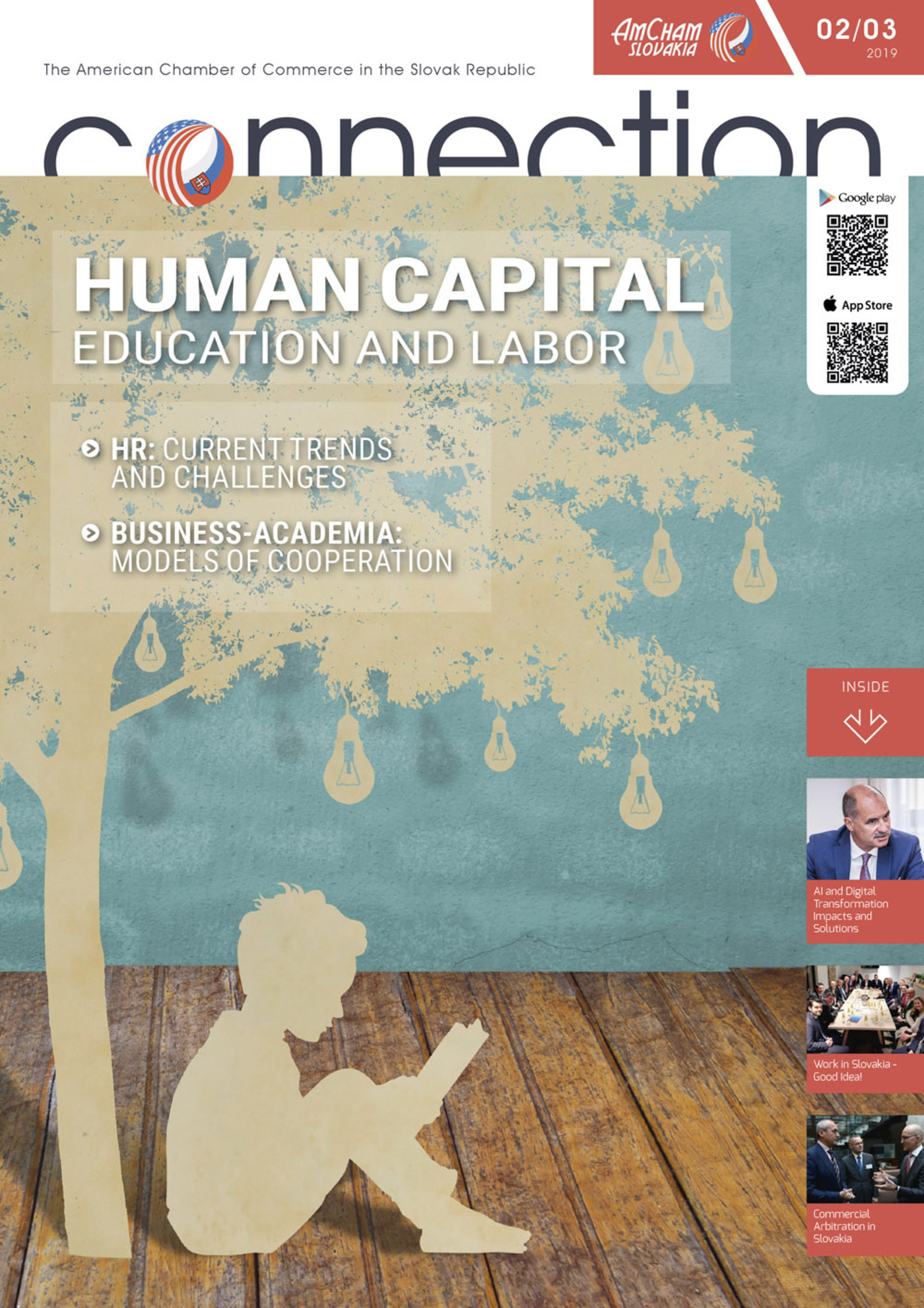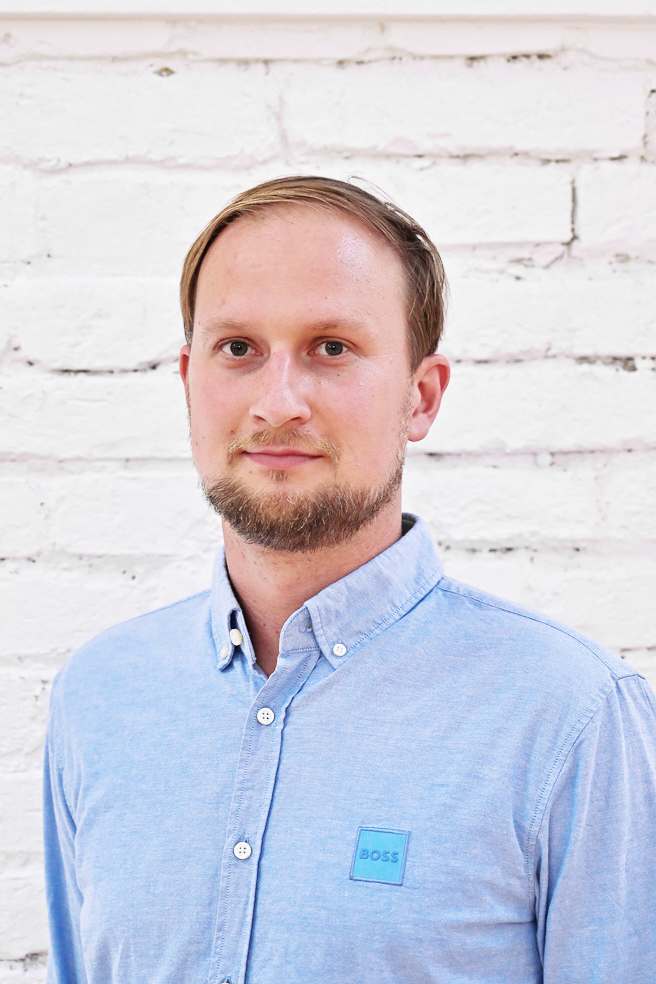Unlocking an individual’s potential and working with employees’ strengths is a MUST for modern organizations, and investing in the most valuable asset, human capital, is beneficial and contributes to a trusting company culture overall, as supported by the White Paper on the Fourth Industrial Revolution published by the World Economic Forum.
In this article, I would like to outline future trends in the field which are very easily-applicable and user-friendly for employees.
Learning Design – GAME OVER for COPY-PASTE Approach
Participants become co-creators of training programs as they are fully involved in designing learning, and are allowed to express their ideas on their development. As stated by W. Edwards Deming, a management consultant and renowned author, “If you don’t know how to ask the right question, you discover nothing”.
Frequently a questionnaire with open and case-study questions, face-to-face discussions or precisely prepared Focus Groups, which monitor their daily activities and the skills they need to master, are used to determine capabilities and expectations.
The pre-training design reflects individual and group needs and has two key benefits for corporate education:
1. The point of view of the company is sometimes different from the perception of trainees.
2. Trainees are encouraged to participate in tailor-made activities. They are directly involved in co-creating a course that reflects their individual needs, i.e. training personalization and on-demand education is ensured by a learning design process.
Future Skills Trainings – The Form Shapes the Process
Participants and their individual needs are more important within the group.
Firstly, the number of participants per session is decreasing, with a maximum of 5-6 participants to ensure maximum interaction and equal involvement of all group members. Recent studies have revealed that when participants do not actively participate in large group discussions, in most cases it is not a matter of laziness, as was assumed previously. It can also be an issue of self-belief, thus in smaller groups, the informal atmosphere can often allow trainers/facilitators to bring all team members into a powerful conversation, giving them the encouragement they need to participate via instant feedback. It is very desirable to engage participants as much as possible and on-line tools for direct communication with your audience, such as Mentimeter or Kahoot!, can be entertaining, effective and useful for engaging all participants.
Secondly, training modules on the same topic, e.g. “How to delegate tasks within a team”, are divided into shorter interactive workshop blocks, compared to traditional 8-hour “never-ending” sessions, as the cognitive limit during which participants are able to maintain maximum concentration is known to be around 4-4.5 hours.
Coaching after Adaptation Process – The Follow-Up
As individuals and their demands regarding the skill-sets are becoming more dominant, such user orientation is reflected in an adaptation process where newly acquired know-how is transformed into brand new habits and behavior patterns, which lasts around 28-30 days. Thus, many training companies have implemented face-to-face coaching sessions with participants, for both managers and their team members, as a vital follow-up to ensure skills implementation into the company environment and culture.
Gamification – Learn via Engaging Game Design
The gamification approach is now well established in corporate education and is becoming ever more important. Participants are motivated to be engaged by gaming aspects, and they are able to remove barriers quickly and create linked team-skills in a highly creative environment open to cooperation and fair competition.
Subsequently, game outputs are easily and intuitively transferred into day-to-day life and business. The primary goal is not just to learn skills, but to strategically develop them and provide assistance while achieving company targets hand-in-hand with peer learning via online apps and discussions and workshops based using the well-known PC game #LearningByPlaying. Applications with virtual and augmented reality features are being used ever more during the training process.
On-line Education - The Learning Begins after the Training Program
As recent research from Ericsson Mobility Report has found, around eight out of ten people will be using a smartphone by 2020. Therefore, on-line education platforms play an important role in allowing users to scroll through case studies, and use tools and training that involve participants with worksheets outside of training.
A cognitive flexibility implementation, i.e. thinking about multiple concepts, is utilized in interactive technology (e.g. diversity in new concepts, hypertext in articles) which contributes to developing change management considerably and strengthens neural pathways in our brain. On-line education platforms are creating more and more content in podcasts, webinars and live streams, as seen in The Rise of Audiobranding, as supported by Gary Vaynerchuck, a social media guru.
The current market poses great challenges, so a modern corporate education should mirror this by providing fully-professional data-driven assistance for leaders and their team members. We frequently purchase new mobiles on a one or two-year basis, and click on apps to update them. However, the question we should be asking is “Are we making an update 4.0 in our skills and mindset?”. If we trust the process, then the future will be bright!
Matúš Draganovský, Learning Designer, SUVko Coaching



Follow us